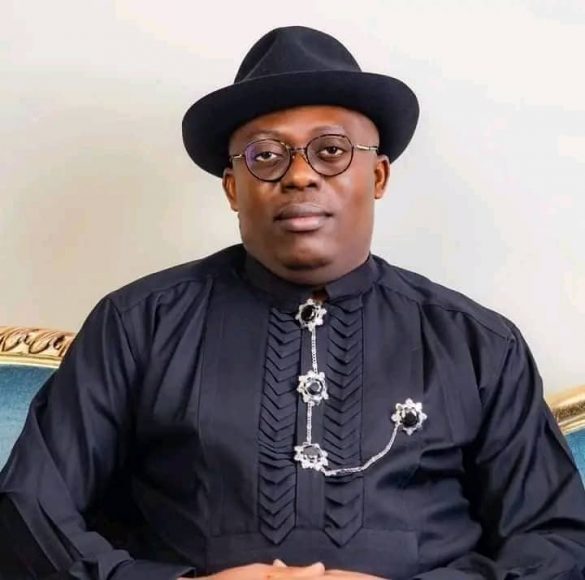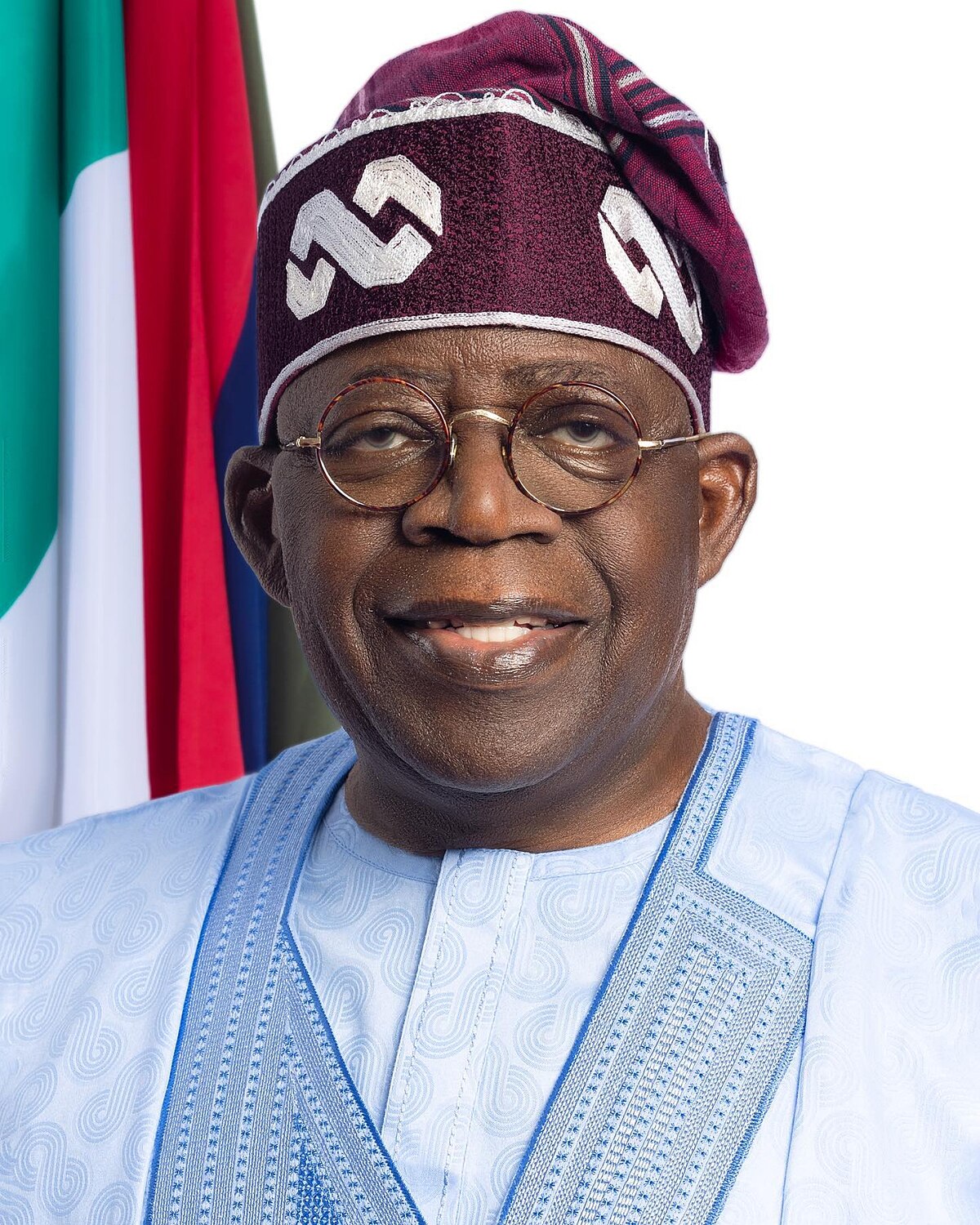CAR Conflict Top Priority At EU-Africa Summit

The conflict in the Central African Republic is set to top the agenda in Brussels on Wednesday as the leaders of some 80 African and EU states meet.
The summit takes place after the EU officially launched its delayed 1,000-troop military mission to CAR.
Despite the deployment of 6,000 African Union and 2,000 French troops, violence has continued unabated in the country.
Zimbabwean President Robert Mugabe is boycotting the summit after his wife was refused a visa.
UN Secretary General Ban Ki-moon will attend a crisis meeting on CAR with some 30 heads of state and government, 15 from each continent, before the EU-Africa summit gets under way.
World leaders hope the dispatch of EU troops can help some 8,000 French and African peacekeepers restore some calm to the country after it witnessed some of the worst violence ever seen on the continent.
The conflict has taken on an increasingly sectarian nature, with UN human rights chief Navi Pillay warning that hatred between Christians and Muslims in CAR had reached a "terrifying level".
"I hope the summit will mark a new stage in our relationship with Africa," EU council president Herman Van Rompuy said ahead of the two-day meeting.
It was time for a "shift from development cooperation to a partnership of equals with trade and investment playing a key role," he added.
An overwhelming majority of leaders from both continents are attending but Zimbabwe will not be represented after President Mugabe took unkindly to an EU refusal to temporarily suspend a visa ban on his wife.
Mr Mugabe received support from South African President Jacob Zuma, who chose to boycott the summit in a show of solidarity for his Zimbabwean counterpart.
"I think that time must pass wherein we are looked [upon] as subjects," Mr Zuma said. "We are told who must come, who must not come. It is wrong and causes this unnecessary unpleasantness."
Trade will also be high on the agenda, with the EU remaining Africa's biggest trading partner and by far its largest donor.
EU representatives say the trading bloc is now looking to switch from its historic role of providing assistance to a more dynamic one of investor.
"The need for investment in Africa is so huge that the more investment coming, the better," EU development commissioner Ndris Piebalgs told AFP.
"The biggest worry for me is that we would be the only investor."





